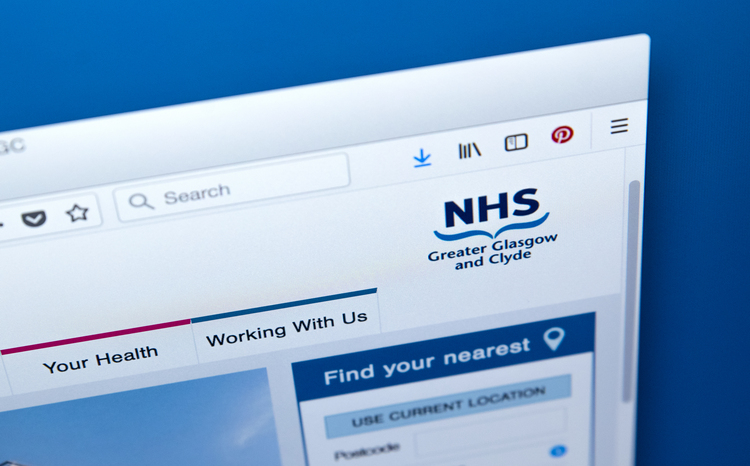Birmingham MH trust brings in Ascribe
- 26 January 2015

Birmingham and Solihull Mental Health NHS Foundation Trust is to implement e-prescription software from Ascribe, after being awarded £500,000 from the first round of NHS England’s technology fund.
Nigel Barnes, director of pharmacy, said that the trust had started to consider the need for e-prescription software in 2011, shortly after it implemented the RiO care record system.
Initially the trust’s board planned to implement the RiO e-prescription module, but eventually opted for Ascribe’s electronic prescribing and medicines administration system, because it can handle patient group directions and Mental Health Act consent paperwork, and includes the British National Formulary.
The ePMA software is a module from Ascribe’s Pharmacy and eMedicines Management solution, and will be integrated with two other modules the trust is purchasing: Web Pharmacy and eMedicines Management.
These will provide stock management and dispensing functionality for the trust’s pharmacy.
The trust has 59 clinical sites, including both inpatient and outpatient clinics. The first ward will go live in April this year. When roll-out is complete, the solution will be used by up to 2,000 nurses, 300 doctors and 60 pharmacy staff.
Users will be able to gain access to the ePMA by clicking through from the patient record in RiO.
James Reed, consultant forensic psychiatrist and chief clinical information officer, said: “Although from a technical point of view they are separate systems, as far as the user experience goes, it will be reasonably seamless.”
The new system will remove the need for handwritten paper prescriptions, Reed added. “The prescriber will put the prescription into the system, and, if it's verified by pharmacy staff, it will then populate the dispensing label. It will appear on the nurses' administration screen without transcription.”
Barnes said he expected to see an improvement in both efficiency and patient safety. “It starts to lead the way from occupying doctors' time with simple clerical tasks such as copying the contents of one drug jar onto another, which a doctor has to do umpteen times.
“It also introduces the whole concept of decision support and will guard against making a silly mistake such as putting the decimal point in the wrong place.”
Pharmacy staff will be able to access some information remotely, added Barnes, before they go onto the ward. “When they do go onto wards, they've got a list of issues which they want to address.
“That will improve contact time with staff and patients, so we can address some of the more fundamental issues that we face, but that we currently struggle to because we're always reading prescription charts.“
There are plans to make the solution available on Windows-based tablets, so that community staff will have access to prescribing data, while junior doctors on call will be able to write prescriptions remotely, saving on time spent driving to clinics.




